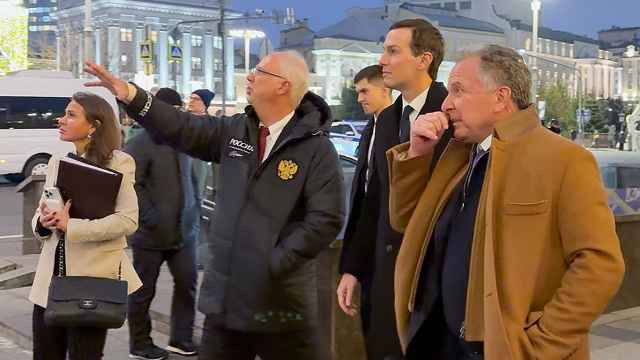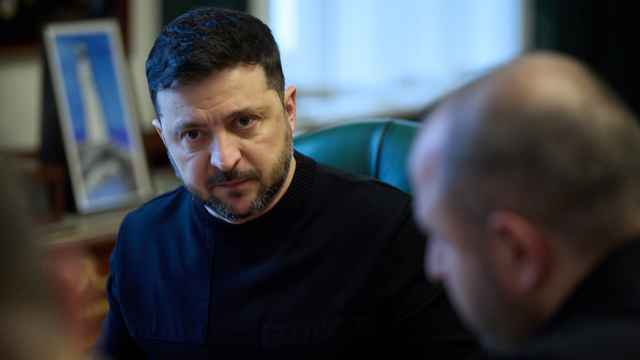
Naila Safarali
Talent Director
Deloitte CIS
According to the World Bank, the Russian economy displayed healthy growth of 4.3 percent during 2010 and 2011, which has certainly had a positive impact on employment statistics with the 2011 unemployment rate declining by an impressive 1 percent year on year to 6.6 percent. This positive shift in the economy has helped reinforce local businesses' hiring capacities and enabled them to again compete with multinational players for talent.
"The war for talent" is getting tougher as more and more companies compete for skilled work force. In response to increasing market demand, employers often have little time to invest in the development of new leaders internally.
In such a challenging market, a premium has to be put on the retention of best people. There is serious competition for every employee, and HR practitioners should be aware of that challenge. Key issues every employer should be focusing on and trying to find answers to:
- Do you know who your key employees are?
- Do you understand who needs to be motivated and retained?
- Will your key employees stay with the company once they feel that growth in the labor market has stabilized?
- What keeps your biggest talents working for your company?
- How can you ensure that your key talents are involved in achieving the company's strategic goals?
To sum it up, as the risk of losing best people to competition is increasing, employers need to think of more innovative and efficient ways to retain talent — provide opportunities for career progression and communicate clear career paths.
Another reason for toughened competition for skilled personnel on the Russian labor market is mobility. In the context of globalization there are now many new opportunities for people interested in international assignments and general work experience abroad. Thus many highly skilled Russians today are targeting jobs abroad, particularly in Western Europe and North America. At the same time, immigration laws in Russia have become more stringent, making it difficult to bring in skilled workers from abroad, even from neighboring CIS countries.
To be effective at people management and leadership development it is essential to take into consideration the local culture. As best practices still originate from Western management theory to a great extent, the question remains: Are there better ways to manage Russia's work force and to develop leaders with a global mindset to drive growth? In addition, the importance of getting the global consistency and local relevance fit right is high on the HR agenda today.
From an HR perspective, all the factors mentioned above present new challenges in what can be done to tackle the new global talent realities and make Russia attractive for talent management professionals. Ultimately, success will depend on companies being able to attract and develop global-minded leaders and fast and effectively deal with a shortage in skilled work force.
A Message from The Moscow Times:
Dear readers,
We are facing unprecedented challenges. Russia's Prosecutor General's Office has designated The Moscow Times as an "undesirable" organization, criminalizing our work and putting our staff at risk of prosecution. This follows our earlier unjust labeling as a "foreign agent."
These actions are direct attempts to silence independent journalism in Russia. The authorities claim our work "discredits the decisions of the Russian leadership." We see things differently: we strive to provide accurate, unbiased reporting on Russia.
We, the journalists of The Moscow Times, refuse to be silenced. But to continue our work, we need your help.
Your support, no matter how small, makes a world of difference. If you can, please support us monthly starting from just $2. It's quick to set up, and every contribution makes a significant impact.
By supporting The Moscow Times, you're defending open, independent journalism in the face of repression. Thank you for standing with us.
Remind me later.





